
2 Weeks After Diagnosis, She Was Gone Doctors Flag 3 Coughs
3 cough red flags doctors warn about—don’t ignore these symptoms
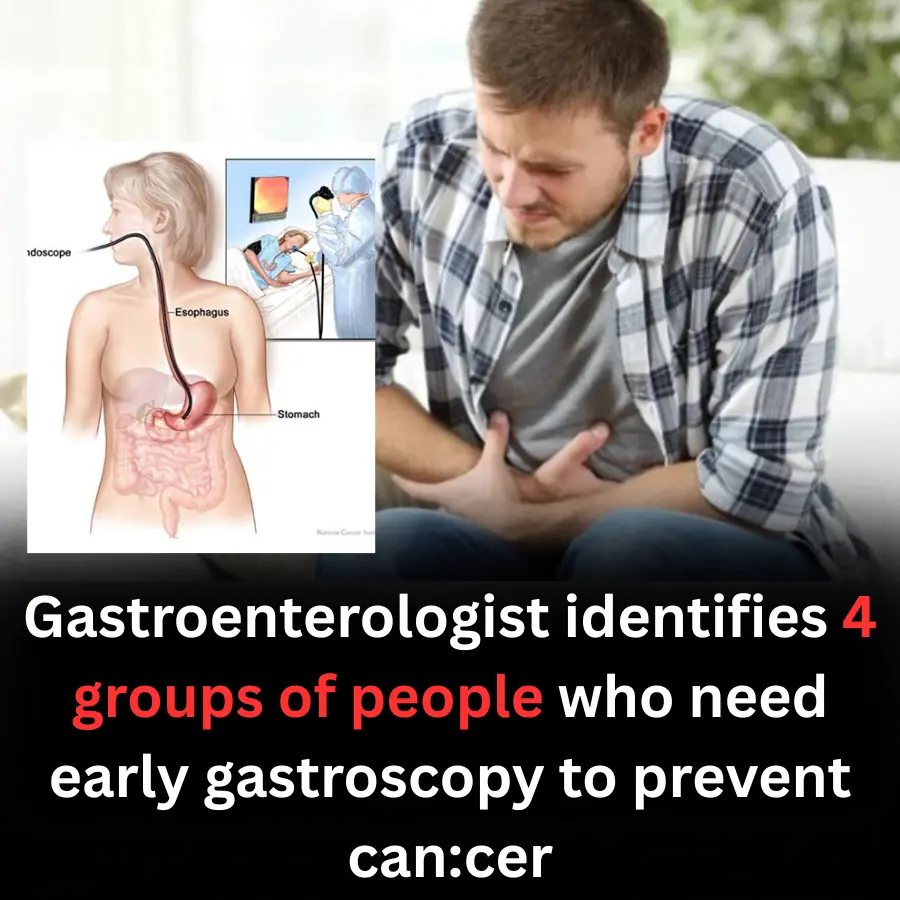
A gastroenterologist may recommend early gastroscopy (an examination of the upper digestive tract using a flexible tube with a camera) for certain individuals who are at a higher risk of developing gastric cancer or other gastrointestinal disorders. Early detection can help identify issues before they become more serious or lead to cancer. Below are four groups of people who may need early gastroscopy to prevent cancer:
Reason: A family history of gastric cancer increases the risk of developing the disease, especially if close relatives (parents, siblings) have had it. Genetic factors and shared environmental exposures can contribute to the higher risk.
Recommendation: Individuals with a family history of gastric cancer are often advised to undergo regular gastroscopies for early detection of abnormalities like precancerous lesions or chronic inflammation that could develop into cancer.
Reason: Helicobacter pylori (H. pylori) is a bacterium that infects the stomach lining and is linked to chronic gastritis, peptic ulcers, and an increased risk of gastric cancer. Persistent infection with H. pylori can lead to inflammation that damages the stomach lining over time, which may result in cancer.
Recommendation: People who have had long-term or untreated H. pylori infections should consider undergoing gastroscopy to check for early signs of damage to the stomach lining or other complications that may predispose them to gastric cancer.
Reason: Gastric polyps are growths on the lining of the stomach, and some types can develop into cancer over time. These polyps are more likely to turn cancerous if they are large or if there are many of them.
Recommendation: People diagnosed with gastric polyps, particularly larger ones or those that are classified as "adenomatous" (a type of polyp that can become cancerous), should have regular gastroscopies to monitor the polyps and remove any that are potentially precancerous.
Reason: Chronic indigestion, heartburn, nausea, and abdominal discomfort (dyspepsia) can be signs of an underlying gastrointestinal issue, including precancerous conditions like gastric atrophy or intestinal metaplasia. If these symptoms are persistent and unexplained, it may indicate an increased risk of gastric cancer.
Recommendation: Individuals with persistent or severe dyspepsia, especially those over the age of 50, should undergo gastroscopy to rule out more serious conditions such as gastric cancer or other abnormalities like ulcers or strictures that could contribute to the symptoms.
Early detection through gastroscopy plays a crucial role in identifying gastric cancer and other digestive tract conditions at an early stage, when treatment is more effective. For individuals in these high-risk groups, regular screenings and monitoring can help prevent the development of gastric cancer or other serious complications. It's important to consult a gastroenterologist for personalized recommendations based on individual risk factors.

3 cough red flags doctors warn about—don’t ignore these symptoms

Mounting evidence suggests that one of the most damaging factors to women’s immune health is not what they are missing—but what they are doing every single day without question

8 foods linked to lower cancer risk—what research actually shows
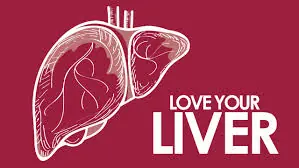
The liver loves these "4 vegetables - 2 fruits" Eat them regularly don't skimp
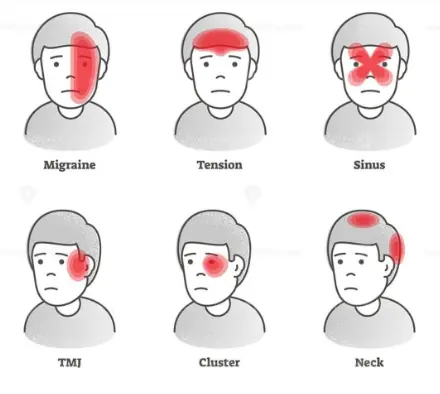
Headaches are the most common form of pain experienced worldwide, and they remain a leading cause of missed workdays, school absences, and doctor visits.

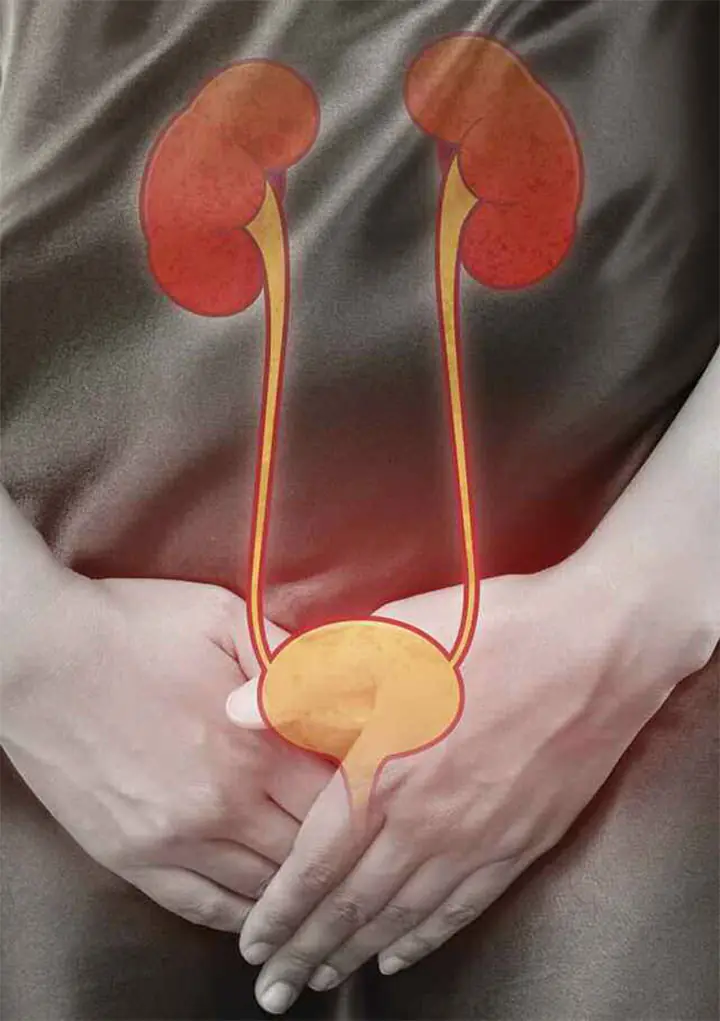
5 Common Signs of Bladder C.a.n.c.e.r That You May Ignore
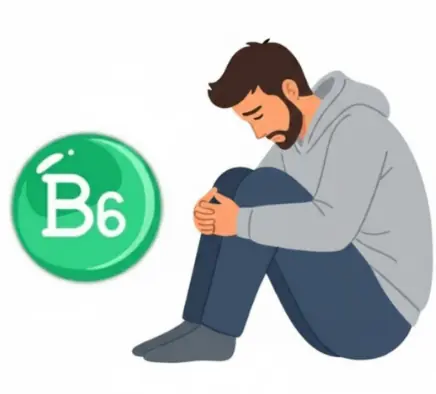


Hypertension — commonly known as high blood pressure — is one of the most prevalent health concerns globally

Why your stomach hurts after meals: 5 possible dis.eases

Becoming an FBI agent isn’t simply about having brute strength or high academic achievements — it’s about training your mind to think differently, creatively, and strategically.

A man walks into his doctor’s office for a routine checkup. He feels fine—maybe just a little more tired than usual.

2 uncommon sleep-time signs that may indicate liver or kidney issues

The Incredible Health Benefits of Beets: A Nutrient Powerhouse

Passing gas is a normal part of digestion.
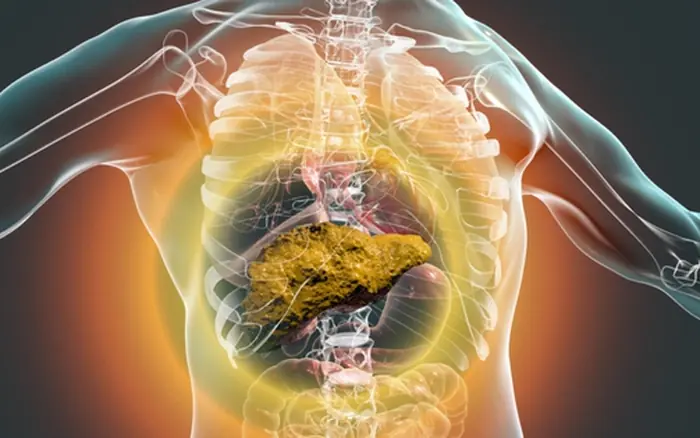
Warning signs of liver problems: The “3 yellows and 1 red”

Both diagnosed with stomach can.cer at 30 - A daily dishwashing habit may be to blame

5 Earwax Colors That Could Signal a Hidden Health Issue

The cause of Alzheimer’s may lie within your mouth

3 cough red flags doctors warn about—don’t ignore these symptoms

Mounting evidence suggests that one of the most damaging factors to women’s immune health is not what they are missing—but what they are doing every single day without question

8 foods linked to lower cancer risk—what research actually shows

In an era of planned obsolescence and annual smartphone upgrades, Norway stands out for an unexpected reason: Norwegians keep their iPhones significantly longer than most users worldwide.

The liver loves these "4 vegetables - 2 fruits" Eat them regularly don't skimp

Headaches are the most common form of pain experienced worldwide, and they remain a leading cause of missed workdays, school absences, and doctor visits.


5 Common Signs of Bladder C.a.n.c.e.r That You May Ignore



A tower of silence (known also as a ‘dakhma’) is a type of structure used for funerary purposes by adherents of the Zoroastrian faith.

For the Cake Layers

Cremation and faith: what scripture says and what truly matters after passing

When a married woman is attracted to another man, she does these 9 things

Hypertension — commonly known as high blood pressure — is one of the most prevalent health concerns globally

Why your stomach hurts after meals: 5 possible dis.eases

Why Do Women Cross Their Legs When Sitting?

Becoming an FBI agent isn’t simply about having brute strength or high academic achievements — it’s about training your mind to think differently, creatively, and strategically.

A man walks into his doctor’s office for a routine checkup. He feels fine—maybe just a little more tired than usual.

2 uncommon sleep-time signs that may indicate liver or kidney issues